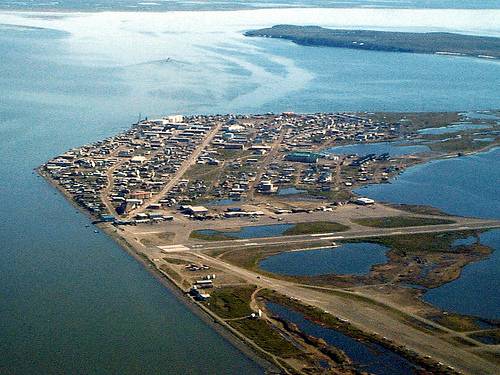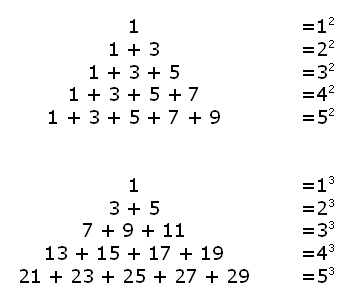In The Atmosphere (1873), Camille Flammarion quotes a M. Grellois, who was traveling in northern Algeria in the summer of 1847:
I was proceeding one very hot day on horseback, at a walking pace, between Ghelma and Bône, in company with a young friend who has since died. When we had arrived within about two leagues of Bône, toward one in the afternoon, we were suddenly brought to a halt at a turn in the road by the appearance of a marvelous picture unfolded before our eyes. To the east of Bône, upon a sandy stretch of ground which a few days before we had seen arid and bare, there rose at this moment, upon a gently sloping hill running down to the sea, a vast and beautiful city, adorned with monuments, domes, and steeples.
That sounds like a mirage, but Grellois says the travelers observed the city for nearly half an hour, and that “reason refused to admit that this was only a vision.” “Whence came this apparition? There was no resemblance to Bône, still less to La Calle or Ghelma, both distant twenty leagues at least. Are we to suppose it was the reflected image of some large city on the Sicilian coast? That seems to me very improbable.”



